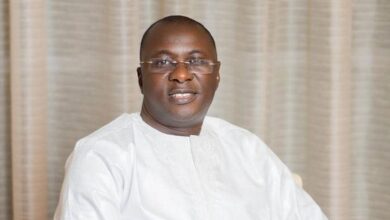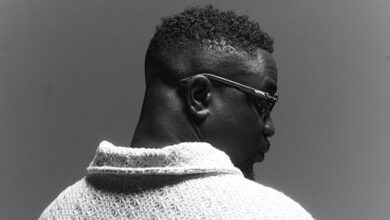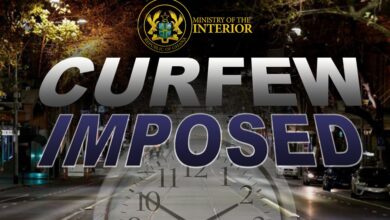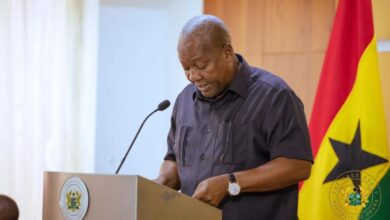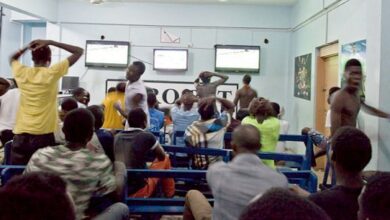What happens when a people stop believing in justice? Activist questions Ghana’s moral future
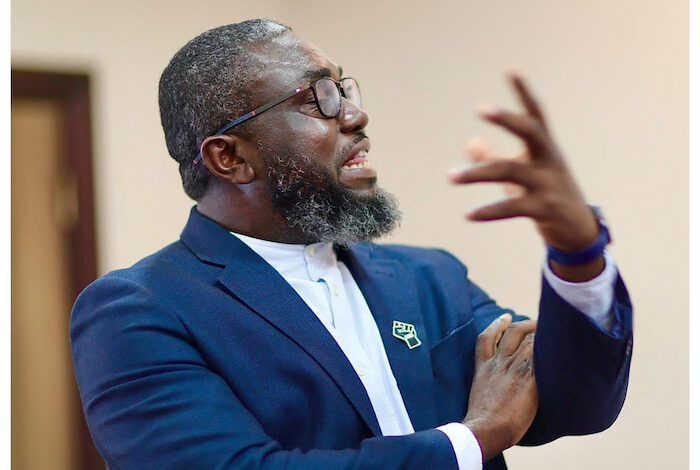
Ghanaian activist and outspoken reform advocate Oliver Barker-Vormawor has opened up about the emotional toll of civic engagement, revealing that his deepest “hobby” is worrying about the fate of the nation.
In a reflective and stirring post shared on social media, Barker-Vormawor contrasted the carefree escape many find in leisure with his own relentless fixation on Ghana’s struggles.
“I sometimes envy people with hobbies,” he confessed. “Those who can lose themselves in football, gaming and clubbing.”
Instead of such diversions, he said his mind is permanently tethered to the country’s political and moral dilemmas.
“I on the other hand, spend too much of my time thinking about Ghana. Not in the abstract, but in that daily ache that comes from watching a country wrestle with the weight of its own contradictions.”
The activist lamented Ghana’s ongoing battles with corruption and power abuses. According to him, what is most frightening is not only the crimes of the powerful, but the comfortable silence that surrounds them.
“I think about corruption, about power, about the strange comfort with which we live alongside injustice,” he wrote. “I think about redemption more often than I think about my own finances, which might explain both my frustration and my poverty of peace.”
Barker-Vormawor expressed deep concern about how the judicial system treats the elite differently from ordinary citizens, especially when convictions eventually come.
“I am terrified of ORAL because I have seen what happens when the powerful get convicted – if they are ever convicted,” he said.
“Still even convicted, the convicted elite do not serve time. They find ways to curate prison. They occupy hospital wards and enjoy the company of visitors. It is from there that they await the soft landing of a presidential pardon, that has never failed in coming.”
He warned that this culture has consequences far beyond individual cases.
“What terrifies me is not just the unfairness of it all, but what it teaches us about the (de) meaning of justice,” he stated. “The question, then, is what happens when a people stop believing that justice is possible.”
For him, the true collapse happens not in courtrooms, but in the collective psyche.
“This is what keeps me awake,” he said. “Not just the corruption we see, but the quiet, spiritual corruption that follows: that weary acceptance that nothing will change. This is my hobby.”
He argued that justice is a societal conviction that must be actively nurtured.
“Justice does not live on paper. It lives in the moral imagination of a people; and in their willingness to trust that right can still speak above power.”
Reflecting on past anti-corruption efforts, he referenced the Anas investigative exposés, cautioning that exposing wrongdoing is never enough by itself.
“After the Anas exposé, we acted as though exposure was the same as reform. But sunlight alone does not heal a wound,” he cautioned. “It takes discipline, vigilance, and a willingness to change the very habits of oversight.”
He ended with a haunting question; “What if nothing changed? Y3nim nso y3bisa!”

